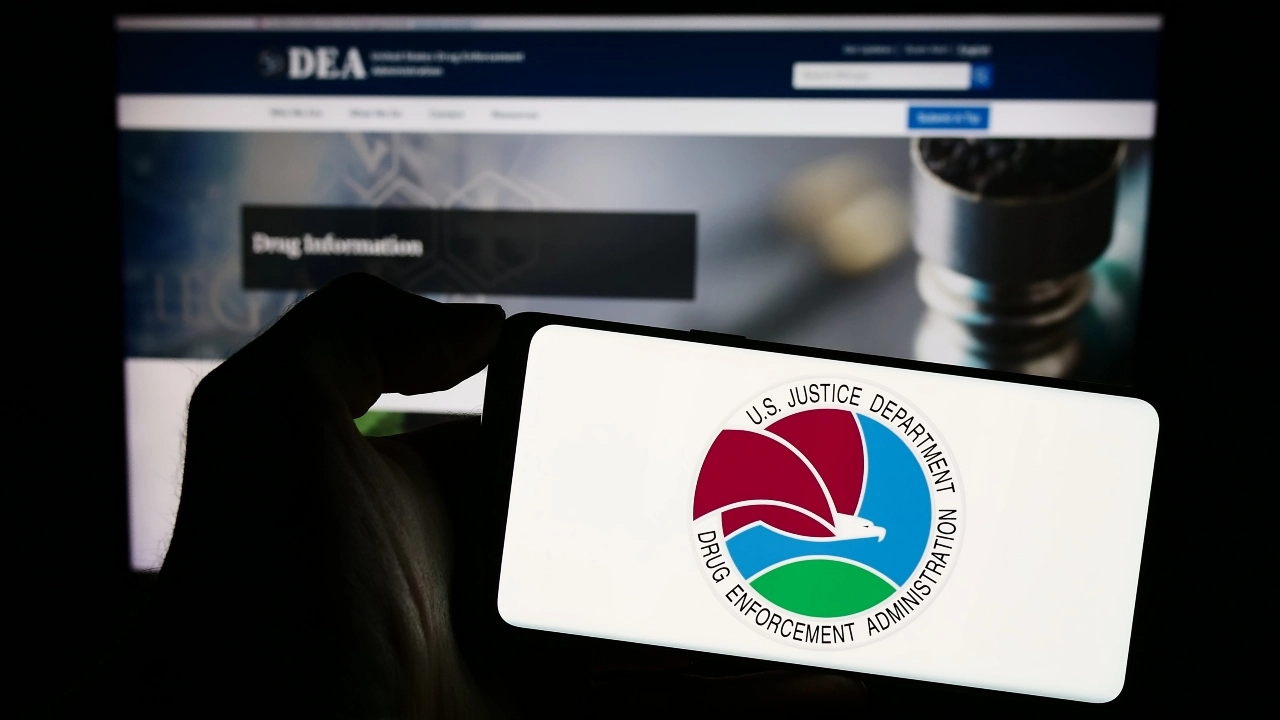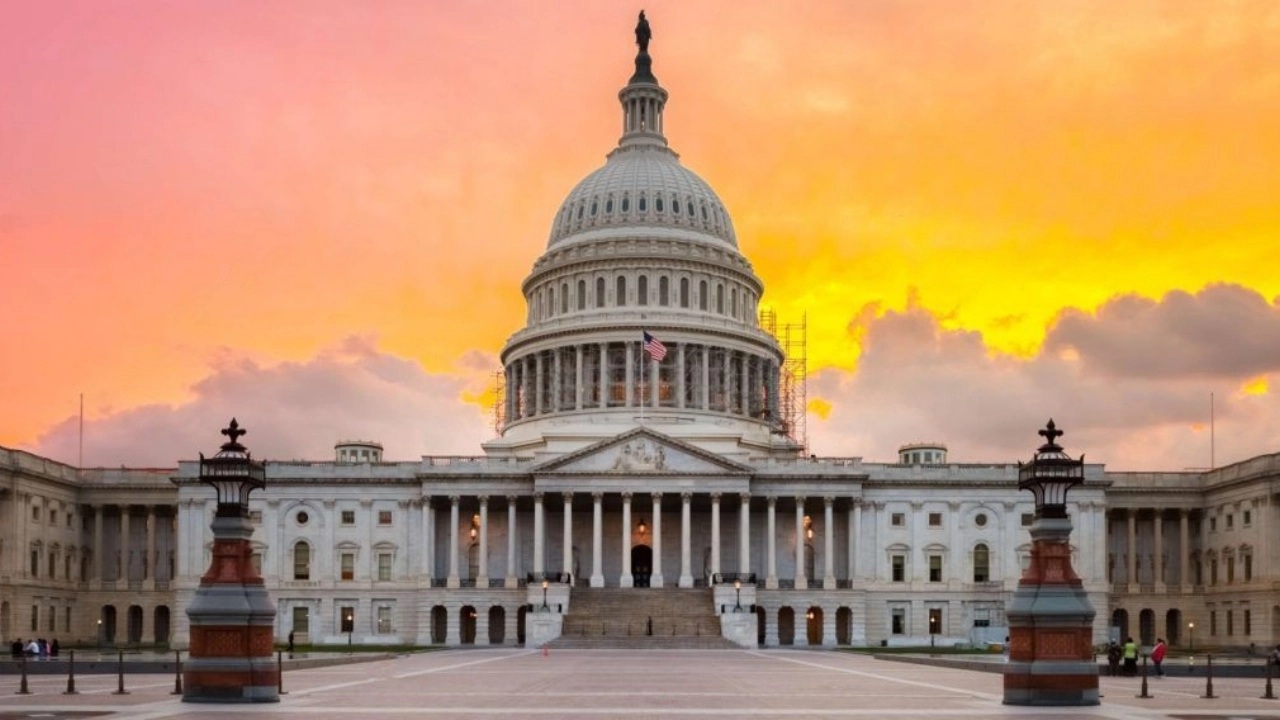(This story has been corrected to credit The Wall Street Journal.)
President Joe Biden’s mention of ongoing marijuana reform efforts during his annual State of the Union address is considered a landmark achievement for MJ policy by political observers as well as stakeholders in the $34 billion U.S. cannabis industry.
But those keen to know exactly when the U.S. Drug Enforcement Administration will issue its highly anticipated response to health regulators’ revolutionary 2023 recommendation to move marijuana from Schedule 1 to Schedule 3 of the Controlled Substances Act remain frustrated.
“Anyone who says they know is full of it,” Andrew Kline, a Denver-based senior counsel for Perkins Coie who co-chairs the law firm’s cannabis industry group, told MJBizDaily via email Monday.
“Only DEA/DOJ knows about timing,” he added. “And it’s a black box.”
It’s questionable whether marijuana was top of mind for U.S. Rep. Hakeem Jeffries when the House Democratic leader referred to the president as “Smoking Joe Biden” during a news conference the day after the State of the Union address.
But the cannabis industry was all smiles Thursday night after Biden offered a brief mention of the DEA’s ongoing review of the president’s October 2022 directive to reclassify cannabis under federal law.
And pressure for the U.S. Department of Justice to act is coming from states’ attorneys general and members of Congress as well as industry stakeholders.
Though marijuana retailers would likely enjoy significant tax relief if marijuana were rescheduled, the attorneys general are advocating for rescheduling as a matter of public safety.
Rescheduling decision ‘a closed process’
Some industry stakeholders are still hopeful for a decision as early as next month, although that timeline is an educated guess, at best.
“This is a closed process,” agreed David Culver, the Washington DC-based senior vice president of public affairs at the U.S. Cannabis Council.
“I can’t give you anything concrete,” he told MJBizDaily via phone. “Anybody that can tell you they can give something concrete isn’t telling the truth.
“But I still feel confident saying that we are going to see something out of DOJ sooner rather than later.”
Always an unreliable narrator, the Washington DC rumor mill has run conspicuously hot several times in recent months, only for results to disappoint.
It happened before Christmas, when an anticipated cannabis-related announcement by Biden turned out to be an expansion of pardons for nonviolent federal offenses involving marijuana.
And it happened again in January, when Adrian Snead, a former Senate staffer who now works at a Washington DC law firm, posted on LinkedIn that the latest intelligence indicated some announcement involving marijuana was forthcoming.
Meanwhile, whispers and worries are mounting that Biden’s marijuana reform efforts – which many advocates have slammed as inadequate – are too revolutionary for career law enforcement officials.
Unidentified sources contended in a Saturday report by The Wall Street Journal that “federal officials are at odds” with Biden’s rescheduling directive, raising specific concerns over THC potency.
Observers told MJBizDaily that the Journal’s report, while likely accurate, doesn’t mean rescheduling is being thwarted or even slowed down.
Federal change comes slowly
Rather, making the first substantive change in federal marijuana policy in more than 50 years is a difficult lift, and moving “expeditiously” in matters of federal law can take years.
“The truth is, the White House can’t really just order rescheduling or descheduling to be done,” said Snead, a partner in Porter Wright’s Washington DC law offices.
“Congress can, by passing a new law, but the president functionally cannot. Congress is having trouble just passing a budget, and (it) continues to play hot potato with the administration on cannabis.”
But mentioning the review process at all in the State of the Union – a speech where every word is carefully vetted and intensely debated before it reaches the presidential teleprompter – “helps keep pressure on career law enforcement officials at DEA to move quickly and resolve this without undue delay.”
For their part, industry stakeholders remain confident and upbeat.
“We’re very happy with where we’re at,” Adam Goers, the senior vice president of corporate affairs at multistate marijuana operator The Cannabist Co., formerly Columbia Care, told MJBizDaily.
According to Goers’ research, Thursday was the first time a U.S. president mentioned marijuana in a positive light during a State of the Union address.
“Never before has something like this moved so quickly,” Goers added.
“And I think, on Thursday night, the president reminded the American public, and he reminded his administration – all of whom were sitting there – of what they are working on.”
Chris Roberts can be reached at chris.roberts@mjbizdaily.com.





